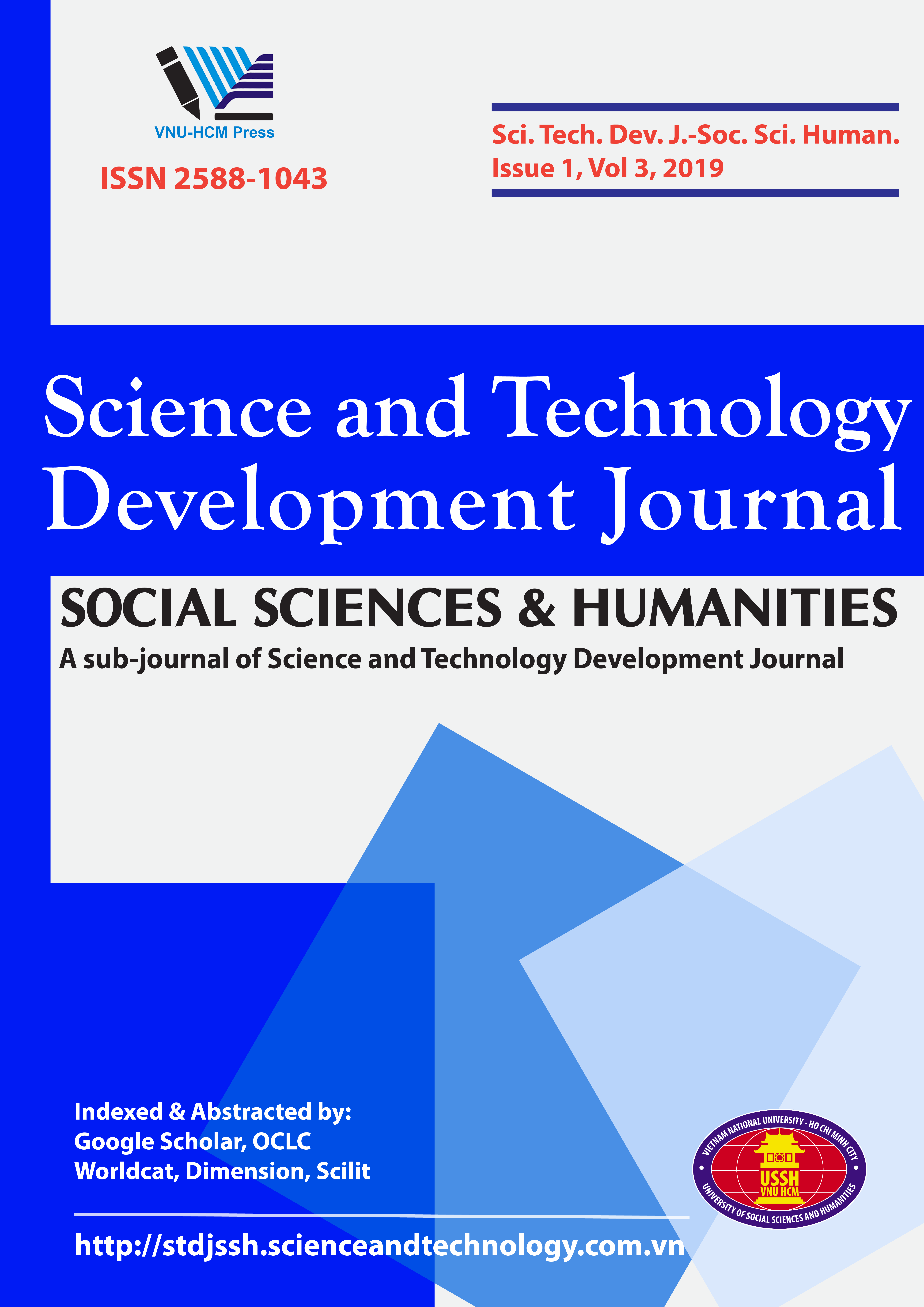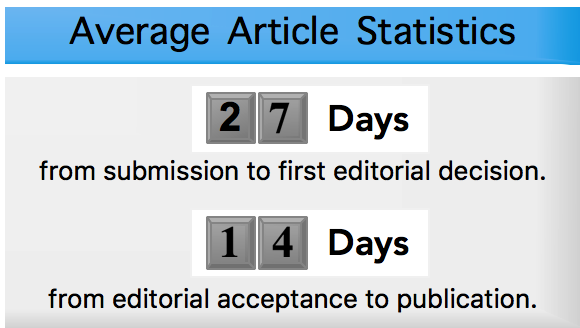Downloads
Abstract
The Margaret River region is within a biodiversity ‘hot spot’ and is an agricultural region famous for its premium wine production and wine, gastronomic and ecotourism. These activities are vulnerable to climate change, especially to reductions in rainfall and runoff. The region has experienced demographic growth as the wine and tourism industries have expanded, and as an educated and affluent population of retirees, second home owners, ‘electronic cottagers’ and alternative lifestylers has moved into the area. Two projects, a local study as part of a national evaluation of the adaptation of tourist areas to climate change and a more focused identification of vulnerable locations and activities were supported by local government, business and community organisations and several adaptive strategies were identified. The success of these projects can in part be attributed to the relatively high levels of both education and environmental awareness possessed by the local population as a matter of happenstance. Nevertheless, the original contention of this paper is that these initiatives also allow communities like Margaret River to take on the role of front-runners, providing demonstrations and learning opportunities on how to manage the transition to sustainability and guidance on how such methods might be adapted in other rural areas facing the challenges of climate change.
Issue: Vol 2 No 2 (2018)
Page No.: 50-56
Published: May 18, 2019
Section: Research Article - Social Sciences
DOI: https://doi.org/10.32508/stdjssh.v2i2.489
Download PDF = 448 times
Total = 448 times

 Open Access
Open Access 








